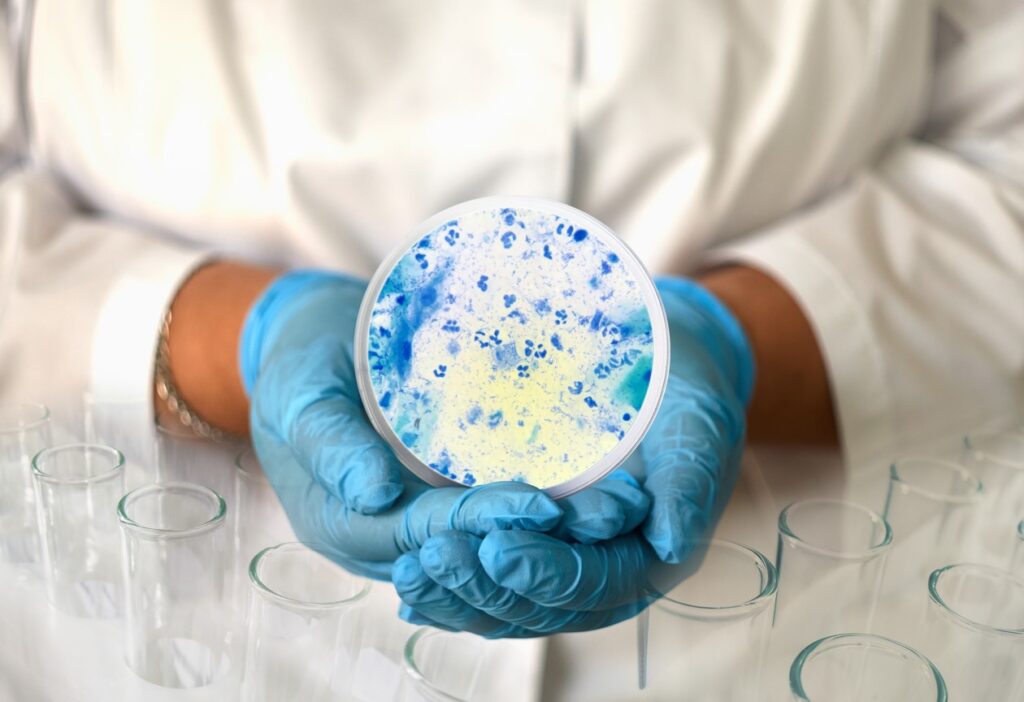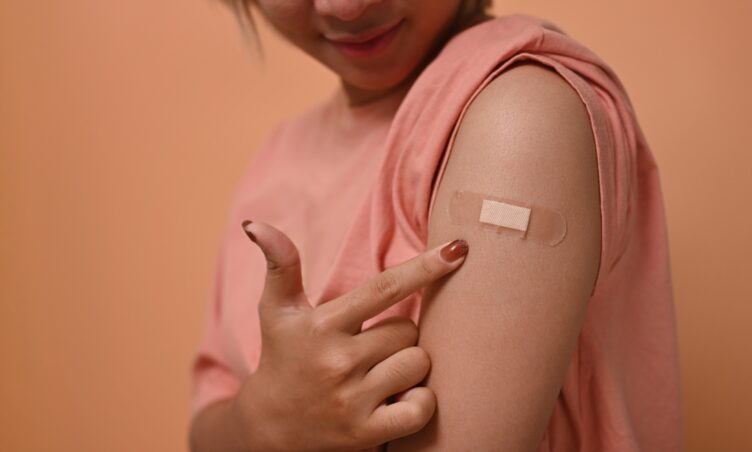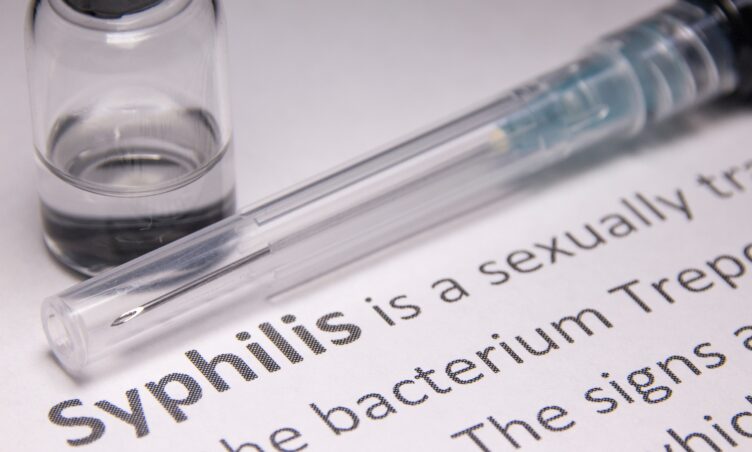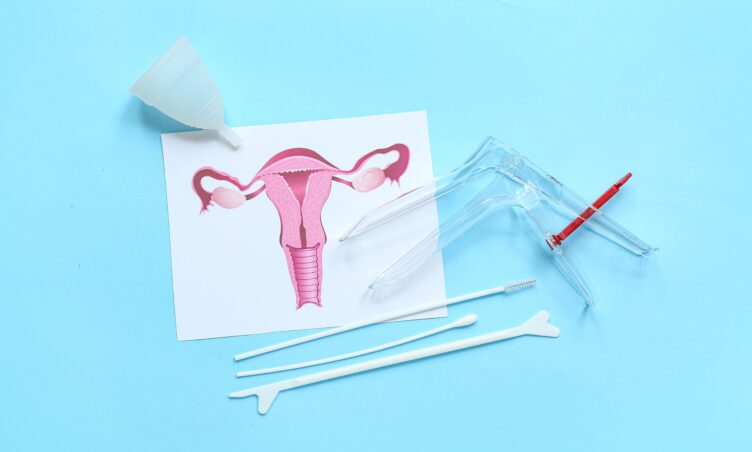All About Chlamydia

Chlamydia remains the most common bacterial sexually transmissible infection worldwide – so we’ve got LOTS to say about it!
(It also happens to be the infection one of our team wrote their thesis on, so…read on!)
The infection
Chlamydia trachomatis (CT) is the scientific name for chlamydia. This gram negative bacterium enters and infects the epithelial cells, which make up the vagina, cervix, urethra, anus and penis as well as the throat and eyes (although infection in these last 2 are a little rarer).
Transmission
It is commonly transmitted through oral, vaginal and anal penetrative sex. It can also be transmitted through genital-to-genital contact – sometimes known as frottage. Semen (or cum) does not have to be present to cause an infection.
Symptoms
The most common symptom of Chlamydia is having no symptoms! This is known as being asymptomatic. An asymptomatic infection is only revealed by active, regular testing (get an STI test done at least yearly, if not 3-6 monthly).
Symptoms of chlamydia in people with vaginas can vary, but the ones to look out for are bleeding after sex and unusual bleeding, pelvic pain, pain during sex, urinary frequency or urgency as well as painful urination. The big one to watch for is vaginal discharge change – this can be initial change that then clears up, continues or can lead to things like thrush and bacterial vaginosis because the environment of the vagina has been thrown out of whack by the chlamydia.
Complications
If left untreated, infection can result in pelvic inflammatory disease (PID), ectopic pregnancy, chronic pelvic pain and tubal infertility in women and people with uteruses. BUT – not everyone that gets chlamydia will experience these complications. Just getting the infection does not mean your fertility is at risk. Once it’s diagnosed, it can be readily and easily treated!
Treatment
Treatment is relatively straight forward. Most often, if you have an uncomplicated or asymptomatic chlamydia infection, you’ll be offered a once-off dose of an antibiotic. If you’re symptomatic or have the infection in your anus you might be put onto a 7 day course of antibiotics. Your doctor will discuss which treatment will suit you best. Most importantly, after treatment, you should avoid any sexual contact for 7 days. This is to allow the medication to work effectively and prevent re-infection from untreated partners.
Testing
Often you’ll be offered a urine pot which makes it relatively quick and easy – just pee in the cup. You can also self-collect a high vaginal swab instead. This way of testing is actually more sensitive and specific than urine and there’s no pressure to pee on demand! You just insert the swab as high up as a tampon, give it a little swirl around, remove it and then place in the tube. Same goes with the rectal swabs – self-collection is often easier and less uncomfortable in many ways.
Re-test at 3 months to exclude reinfection (as reinfection rates are high!) but don’t re-test for chlamydia too soon! If you test again within 4 weeks you could still come up positive because the test finds Chlamydia DNA even if it’s non-viable (treated and “dead”) Chlamydia DNA.
Talking
It’s important to avoid getting re-infected and to protect yourself and your sexual community. The best way to do this is to let your sexual partners know and ensure they get tested and treated too. Repeat infections in quick succession can cause inflammation and can cause scarring that leads to infertility. It’s ok to get chlamydia multiple times in a lifetime – it’s just important that it gets tested and treated as soon as possible. Talk to your partners about regular testing and use condoms as much as possible.
We hope that Chlamydia 101 has been helpful! Get tested, get treated, get talking.
To find an sexual health service near you, contact 1800 My Options on 1800 696 784, weekdays 9am – 5pm!






